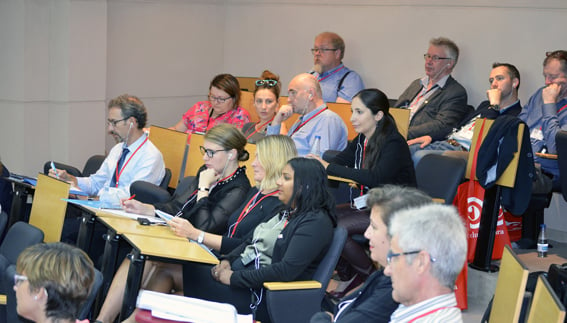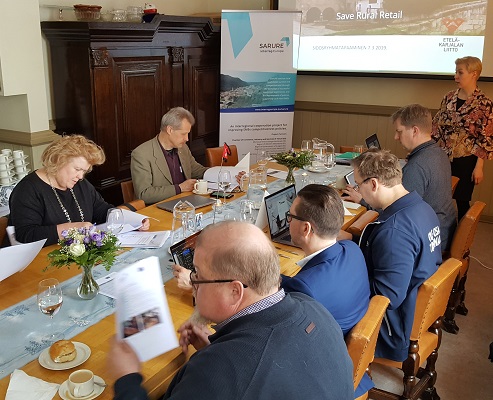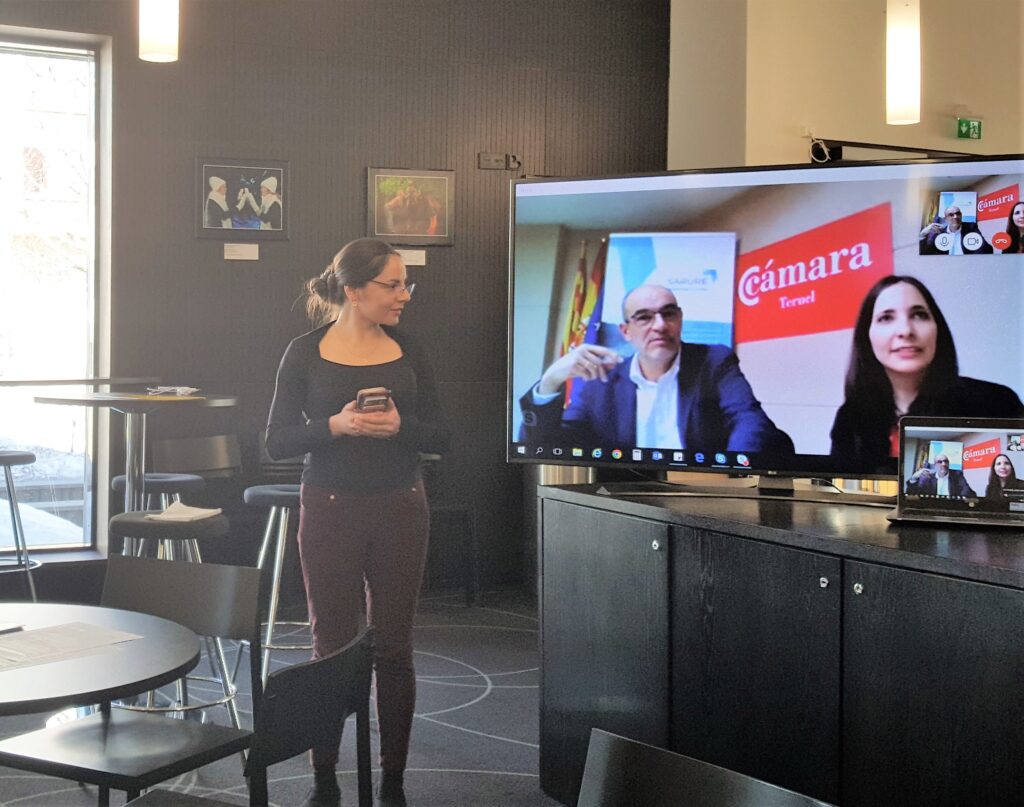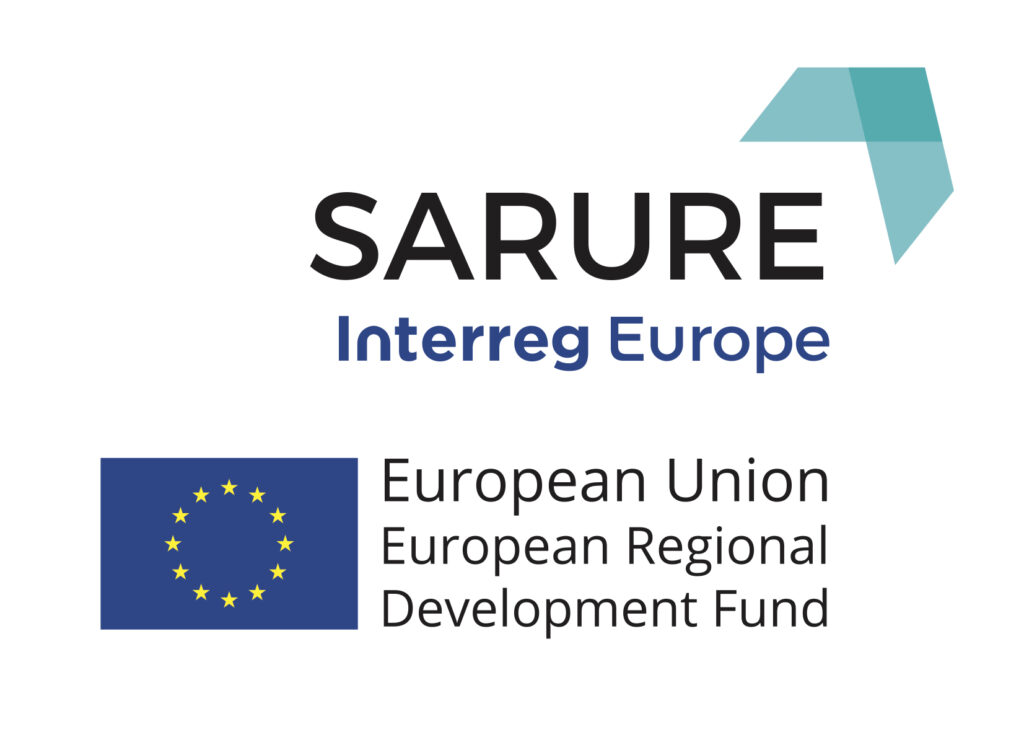Local Shops supply the population and are a social hub, contribute to the quality of local life, encourage the population to stay and are a prerequisite for the development of other diversification activities. Also, SMEs and micro SMEs` weight in terms of employment is very significant in demographically fragile rural areas.
However, even if retail shops are a basic service in sparsely populated areas, their existence is not inevitable. Small villages need shops to survive but small rural shops need also a minimum number of customers to survive.
When depopulation started to affect severely some European regions, different schemes to support rural retail appeared around the year 2000. It was the case of Rural Multiservice Shops in Aragon (Spain) but also for different attempts and formulas in many other European countries,many northern and western but not exclusively. Even if these initiatives have undoubtedly contributed to cope with the situation in the past decade, the decline of retail in rural regions of Europe continues today. Rural businesses face significant challenges in the marketplace leading to their unfeasibility and to dramatic consequences in terms of social and territorial cohesion.
SARURE partnership intends to exchange on the models essayed during the past decade but also on the possibilities that the new markets, the new mix of services, the new financing options and the new technologies open for retail SMEs today. 99% of the SMEs in the retail sector in partner rural areas are indeed micro SMEs especially vulnerable to crisis and with many barriers to innovation.
The budget of the project is 1.66 million euros, and the share of the Regional Council of South Karelia is 187.377 euros.
The project began 1st June 2018 and lasts for 2.5 years. After that follows a two year monitoring period.
Objective
The final aim of the Project is to improve the partner regions policies in forcé supporting retail SMEs towards survival, innovation and overall competitiveness. Given the fact that today European regions from the diverse latitudes face the issue, Interreg Europe is deemed an excellent area to exchange on successful experiences and policies.

SARURE-project Launching Seminar in Teruel, Spain. Participants from South Karelia were Johannes Moisio (Regional Council of South Karelai), Hanna Kailasto (ELY) ja Osmo Laine (Association of South Karelia villages). 
Second SARURE stakeholder meeting was held 7 March 2019 in Lappeenranta officers club. 
SARURE project holding a publicity event for decision makers in Imatra Theatre. Tuula Loikkanen from Union of Trade in Finland was present and told about the trends in retail trade. The Spanish Lead Partner was participating by a video bridge.
For more information contact Johannes Moisio, [email protected], +358 400 154 382

